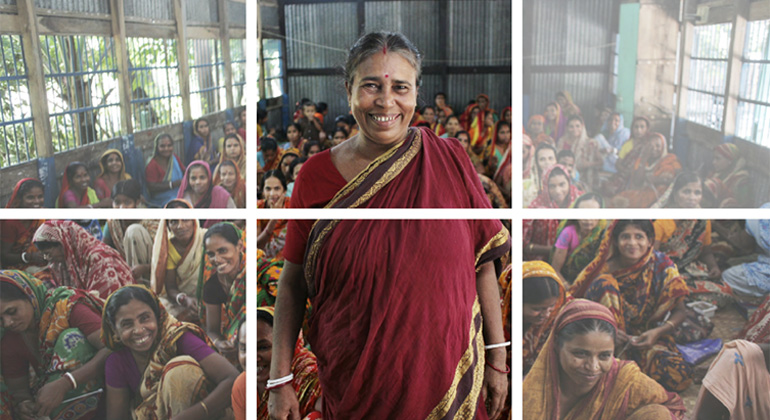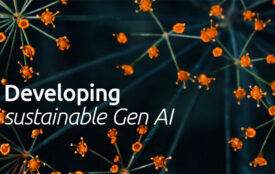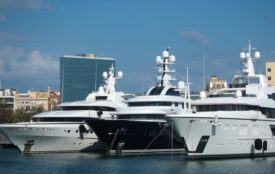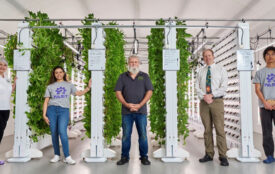New study shows majority of Fair Trade Enterprises are led by women
The World Fair Trade Organization (WFTO) releases new studies that shows the majority of Fair Trade Enterprises are led by women.
According to the study, the network of more than 300 social enterprises in over 70 countries (i.e. WFTO members) have women as the majority among CEOs, board members and senior managers. This is in stark contrast to the mainstream business world.
Among the 326 businesses that are verified as Fair Trade Enterprises by the WFTO:
- 52 per cent of CEOs are women (the figure is 9 per cent in mainstream business)
- 51 per cent of Board positions are held by women (the figure is 12 per cent in mainstream business)
- 54 per cent of senior roles are held by women (24 per cent in conventional business)
The two reports contain analysis on women’s leadership and explore the drivers of women’s empowerment more broadly.
- Report 1: Gender Equity and Women’s Rights in the work place (Women at the heart of sustainable development)
- Report 2: Business models that empower women (Insights and inspiration from Fair Trade Enterprises)
According to separate WFTO research about their members, verified Fair Trade Enterprises support nearly one million livelihoods, 74 per cent of whom are women.
A pioneering Fair Trade leader, Bertha Gity Baroi of CORR the Juteworks says:
“In my organisation ‘CORR-THE JUTE WORKS’ we work with 7000+ women artisans. Through Fair Trade they are empowered. They take part in the highest forum of decision making – that’s our board. They take part in the decision making at their workplace and at home. They have secured their place in the society. That’s empowerment. That’s balance for better future”.
The Chief Executive of the World Fair Trade Organization, Erinch Sahan says:
“When a business exists to pursue a social mission, it ends up being a champion for women’s rights. Unlocking business so it prioritises people and planet is pivotal to achieving all social and environmental goals.”
The research was produced with the financial support of the European Union. The two gender reports can be found here








